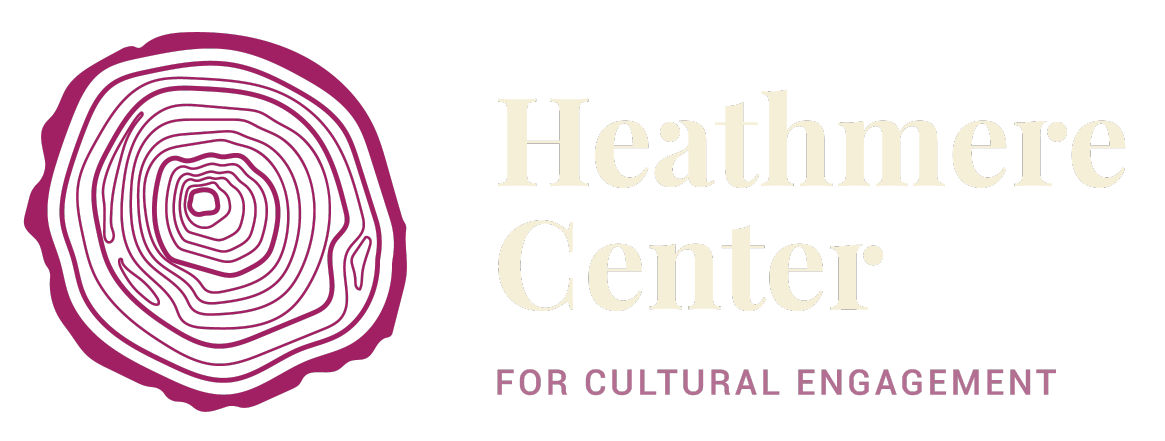Our Story
The Heathmere Center was established in 2018 with inspiration and funding from Dr. Ann Ferguson, Professor Emeritus of English Literature, Gordon College. The interdisciplinary, pluralistic, and hospitable nature of academic and public discourse that she encouraged, then, is the foundation from which the Heathmere Center will operate.
In 1955, Dr. Ann Ferguson (PhD, LLD) was hired by Gordon College to teach English Literature. Throughout her tenure, she held many important leadership roles, including, Department Chair, Director Chair, and Faculty Senator. In 1956, she helped to start a theater program, and produced the first three-act play in Gordon’s history. Dr. Ferguson then went on to direct several plays in the Drama Division. After teaching for five and a half decades, Dr. Ferguson retired from Gordon College on May 15, 2010. Several years after retiring, she was awarded an honorary degree – Doctor of Humane Letters.
Her classes as well as the informal dialogues in her home reflected her expansive cultural interests and always invited a truly diverse perspective from which to discuss.
While Ann was first and foremost a professor of English literature she also had a passion for the arts, and taught classes in Art History and often took students to Symphony Hall and The American Repertory Theatre in Boston.
.
.
.
“As I began to reflect on Ann’s legacy as a teacher, mentor and friend…
I started thinking about the endless ways she has contributed to and shaped the many lives that she has come in contact with.”
“It is with Ann’s gracious legacy of genuine intellectual curiosity, fearless inquiry, innovation, faithful search for truth, and selfless charity in mind that I and others began to brain storm ways to turn her legacy into something concrete and lasting.”





